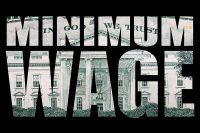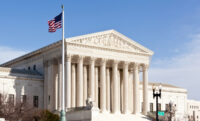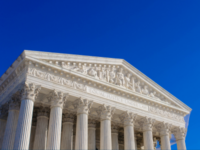SCOTUS Order Signals It May Invalidate Some EEOC Harassment Guidelines
In August, the U.S. Supreme Court upheld an injunction to the Department of Education’s recently issued rule implementing Title IX of the Education Amendments of 1972. Title IX prohibits sex-based discrimination in any school or any other education program that receives funding from the federal government. This order—coupled with its decision overruling Chevron deference—signals the […]










